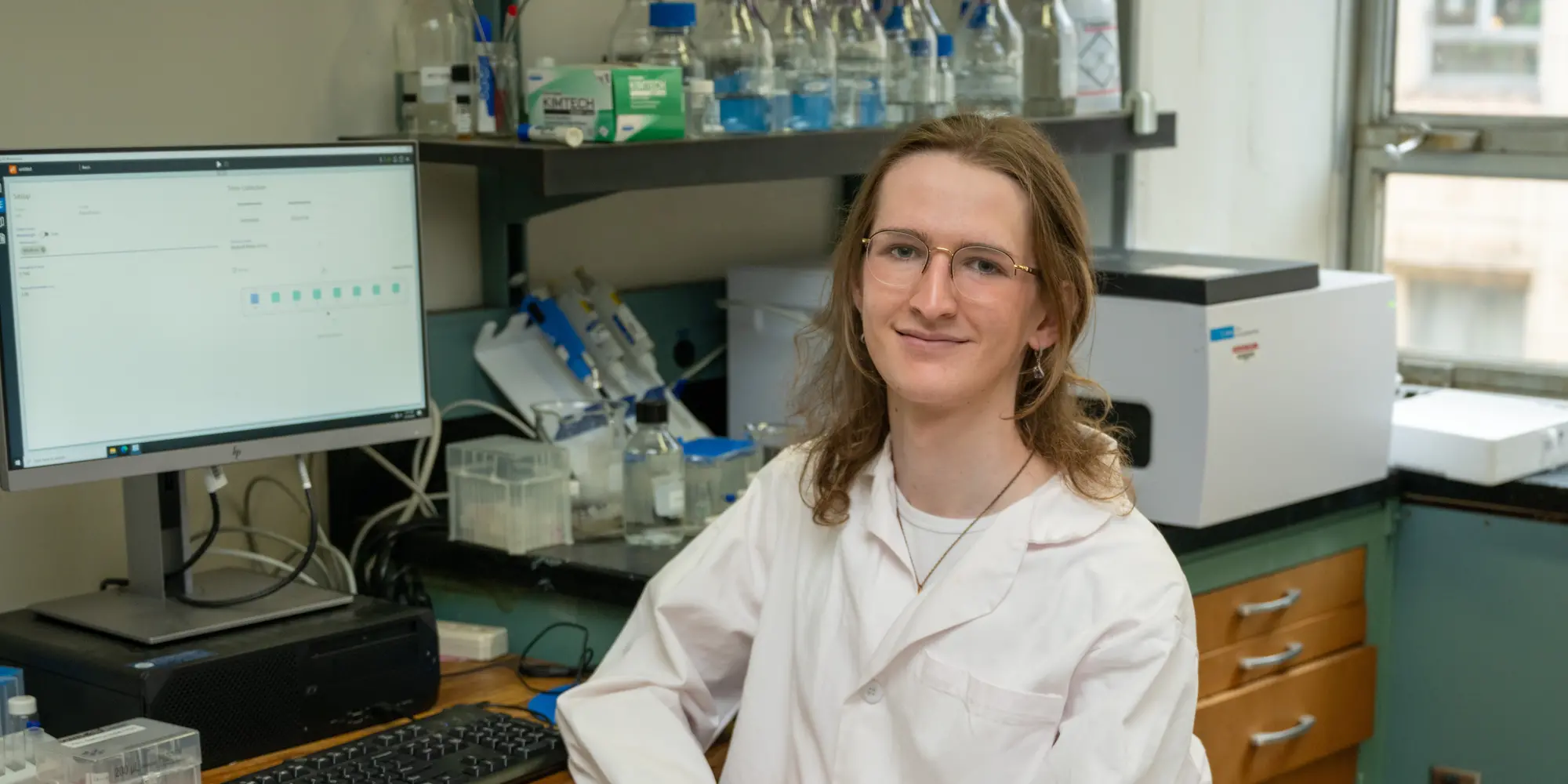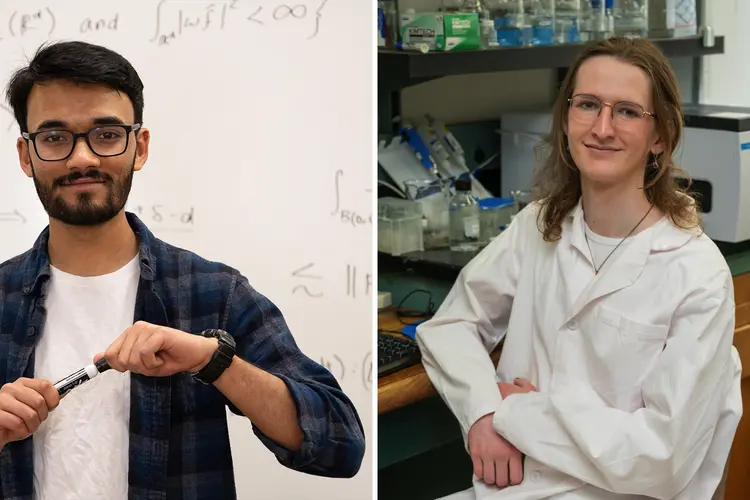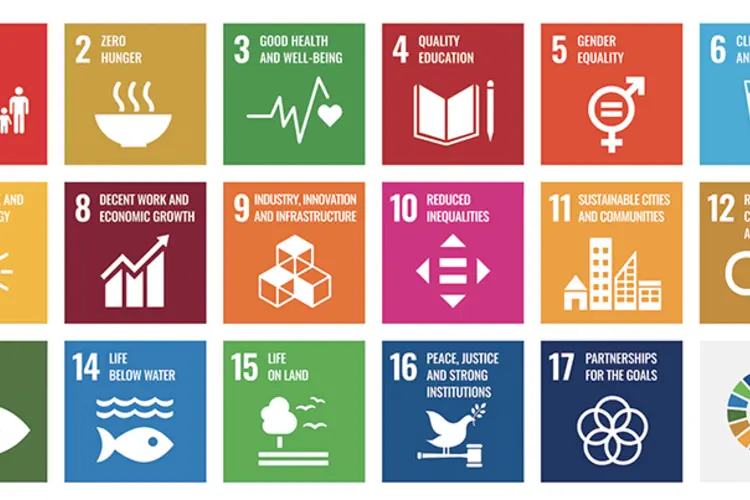
Minerva Schafer Aims for a Sustainable Life
Media Inquiries
Recent Carnegie Mellon University graduate Minerva Schafer knows that chemistry done without sustainability in mind can be massively harmful to humans and the environment. Similarly, achievements without self-care, may not be sustainable.
When she originally came to Carnegie Mellon her plan was to attend graduate school directly after graduation.
“My plans after graduation are not entirely what I expected at the beginning,” said Schafer, who graduated in May with a major in chemistry and a secondary major in environmental and sustainability studies. “Around the time of the application cycle, I decided to take a gap year and focus on self-care.”
Schafer came out as transgender in the fall of 2023. She spoke about her experience at the Department of Chemistry(opens in new window) diploma ceremony.
“Coming out in my senior year was kind of the hardest decision I ever made. I worried it would upend so many different aspects of my life, and I was afraid to even talk to anyone about it because I kind of saw it as this Pandora's Box that couldn't be closed again once opened,” she said. “But I made the decision, and my life is so much better for it in so many ways. Ultimately, I decided to come out because I realized I felt on an emotional level that this was what would lead to a happy future.”
She said for anyone facing a difficult decision, sometimes it’s not about the facts.
“Sometimes you just need to trust your emotions as a guide and look to people in your life you can trust to navigate the changes with you,” she said.
She found a community in Pittsburgh and Carnegie Mellon that has helped support her as she moves forward.
She said that for the next year she will continue her research at the Institute for Green Science(opens in new window) and the Collins Lab and work on another paper while applying to Ph.D. programs.
Directed by Terrence J. Collins(opens in new window), the Teresa Heinz Professor in Green Chemistry, the lab designs catalysts known as TAMLs that break down various micropollutants and have environmental applications. Schafer has been evaluating the use of TAMLs, environmentally friendly catalysts, for applications in wastewater treatment.
“Sometimes you just need to trust your emotions as a guide and look to people in your life you can trust to navigate the changes with you.” — Minerva Shafer
A member of the lab since 2021, Schafer developed interests in two transition metal catalysts and how the TAMLs work. She has expanded interests into the distribution and fate of chemical pollutions as well.
“It’s easier to think about how I feel prepared for going forward now,” she said. “I still very much like chemistry and chemistry research, but some of the other things I’ve explored through environmental and sustainability studies tie together interests such as environmental history, policy and rhetoric.”
For her hard work and efforts, Schafer has been on the dean’s list every semester and has received awards such as the Goldwater Scholarship, a Summer Undergraduate Research Fellowship(opens in new window) and an International Summer Undergraduate Research Fellowship(opens in new window) to study pollutants present in water systems in the United Kingdom.
She said that it’s important to keep in mind how much things can change in college and to take advantage of opportunities as they arise.
“There are a lot of people who have a clear vision of what they think they’re going to do and where they’re going to go. It’s in their best interest to explore as much as they can. They may realize there are other things they may want to do,” she said. “You are not a weaker or lesser person if the path you take is not the ideal you envision.”


